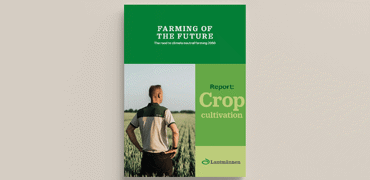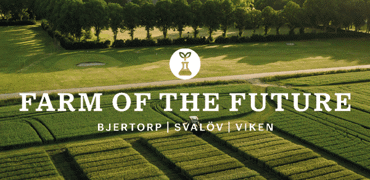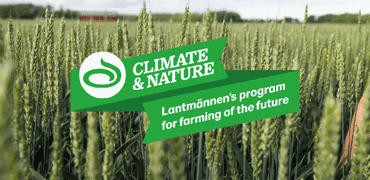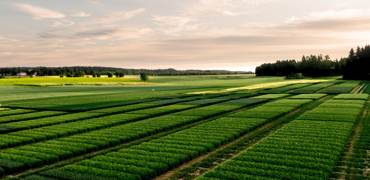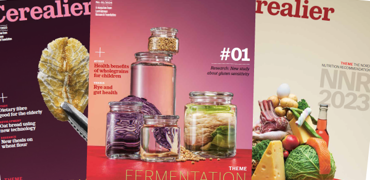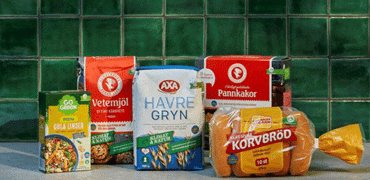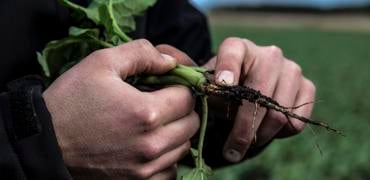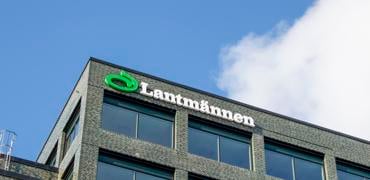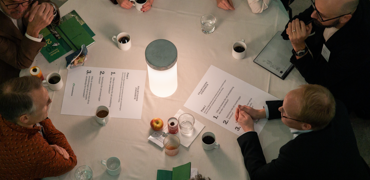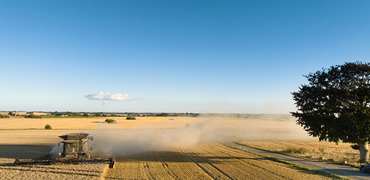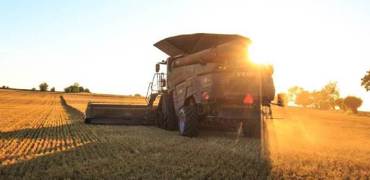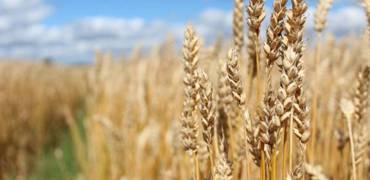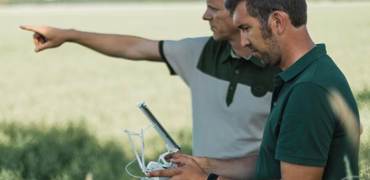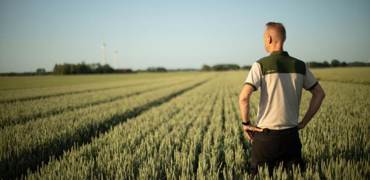“Sustainable nutrition means getting as much nutritious value in as little environmental impact as possible”, Claes says. “It has two key words: sustainability and nutrition. In a way, sustainable nutrition is an efficiency KPI.” I was also curious to ask, why is this topic important for him. “Well, food sectors role is to produce nutritious food that needs to be in provided within planetary boundaries. Until this, food industry hasn’t been completely successful in this. We should consider, what kind of calories are there coming out, but of course without forgetting the indulgent part. There will be a place for treatments in diet in the future, but we need to find the balance. We have big challenges in terms of public health, and with predicted population growth, there is a need for change both in industry but in consumer end. So far, we haven’t considered the dimensions of sustainability as holistic manner as we should. “
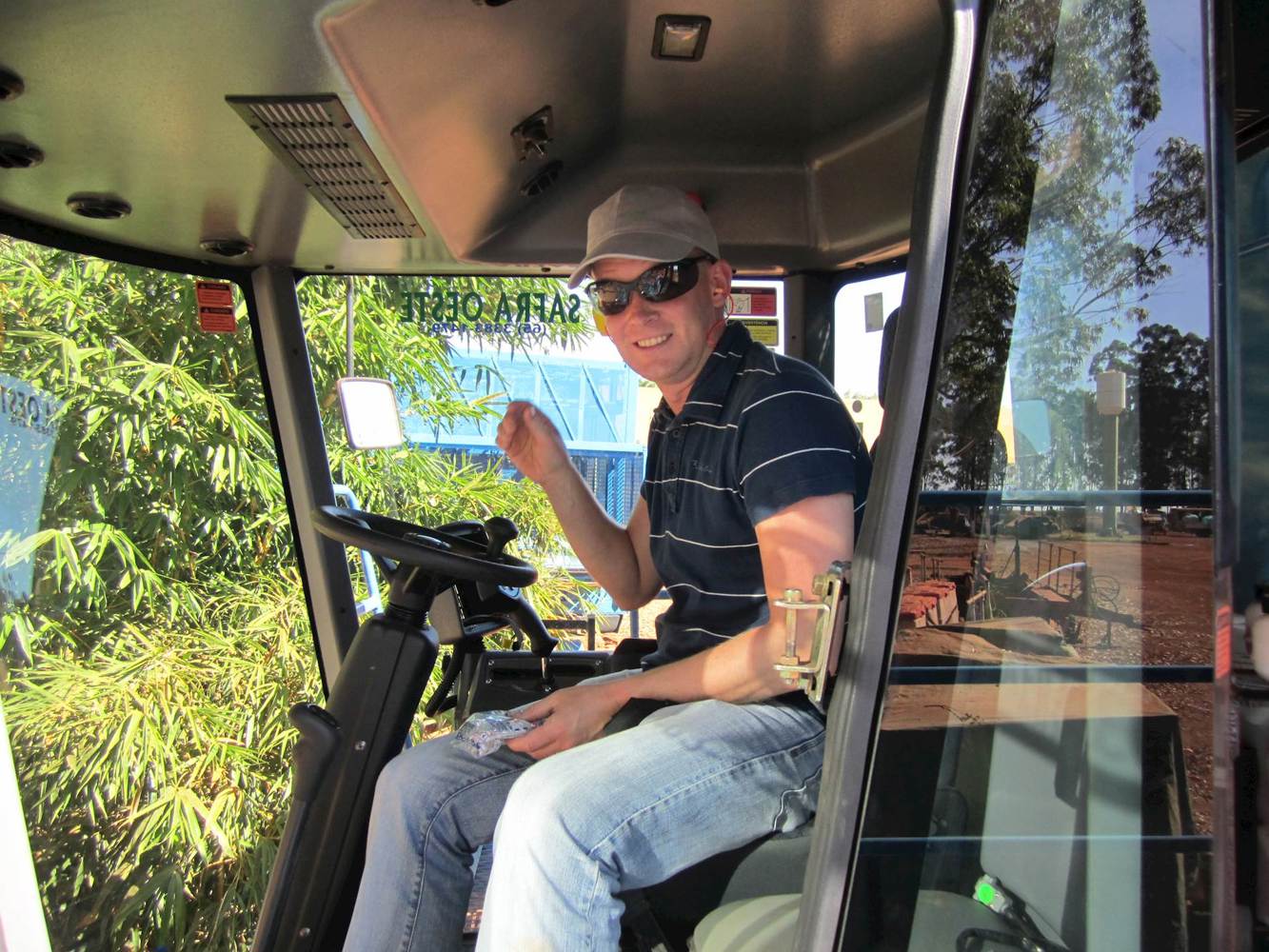
For sustainability department, sustainable nutrition means more cooperation with businesses and constant development work. In their daily basis, they support our business areas with sustainability matters. Great ongoing examples are Farming of the future, where we seek ways for use less impact for farming, and initiatives for circular economy. Also, very important work is to seek more defined ways to measurement in sustainability.
What intrigues Claes, is how can we evaluate different technologies for produce in more sustainable way. “But these are more continuous work rather than projects”, he adds. “We have engaged people within Lantmännen, and everything we are doing with business development is towards more sustainable way. We have numerous examples within our businesses of development in this area, such as using the food waste in a good way in Norrköping.”
Claes continues, that in the future we will need more health-related dimensions of sustainability and relevant definitions for overall challenges in food industry to overcome. For Claes, this is an exciting context to work with. He highlights, that too many times we are trying to solve only one problem at time, whereas sustainable nutrition has more holistic way of solving problems in long-term. The complexity of the sustainable nutrition comes also within the communicational work, and it is obvious that consumers and market needs to be involved. When asking direct tips to do this simplifying, Claes says that we could engage more people to be interested about this topic by narrowing this topic down to key aspects of sustainable nutrition. “Now, this is too fluffy and difficult to relate for broader audience. We need more customer dialouges as well how could we drive this together.”
*reference: Steffen W, Richardson K, Rockstrom J, et al. Sustainability. Planetary boundaries: guiding human development on a changing planet. Science 2015; 347: 1259855.






